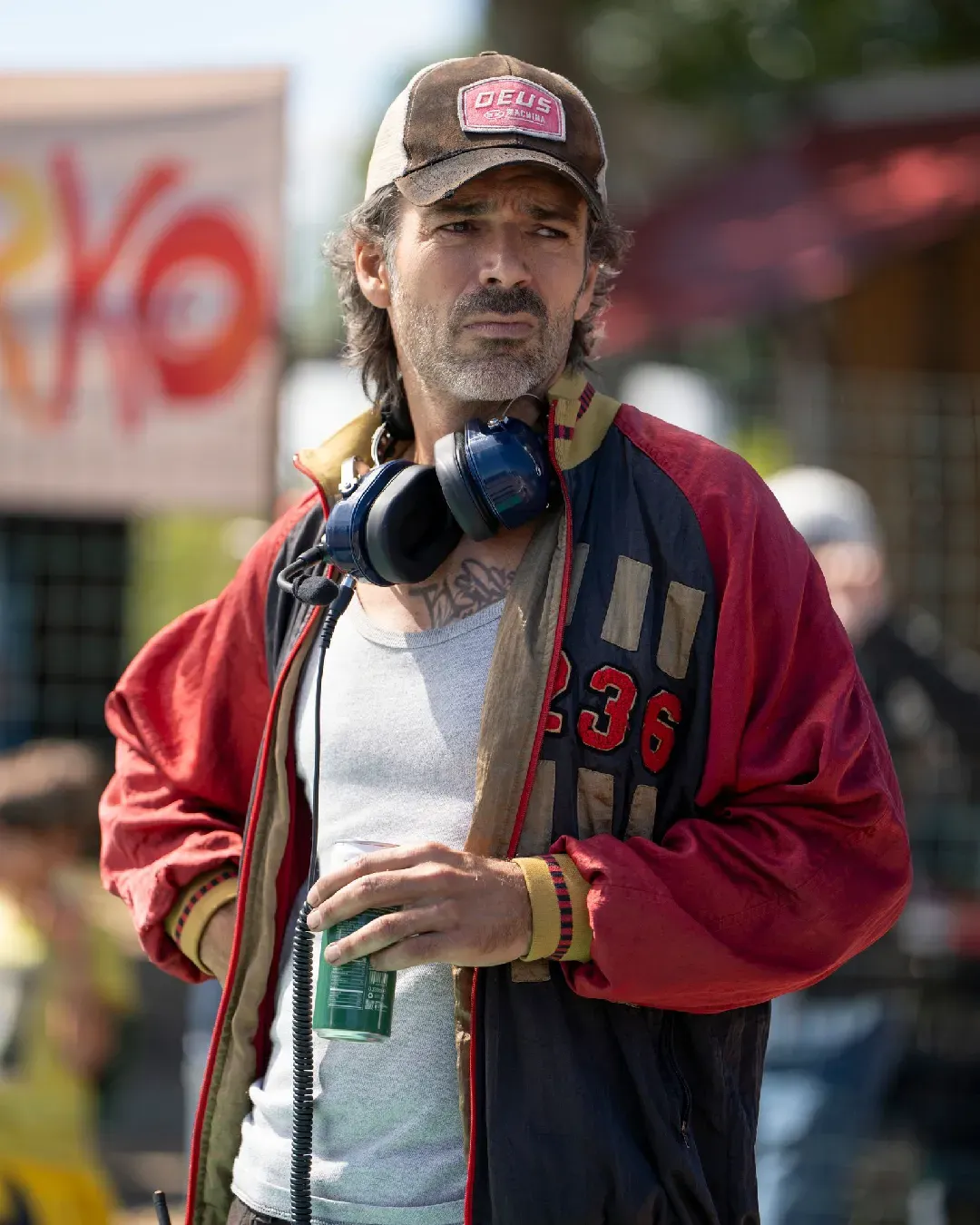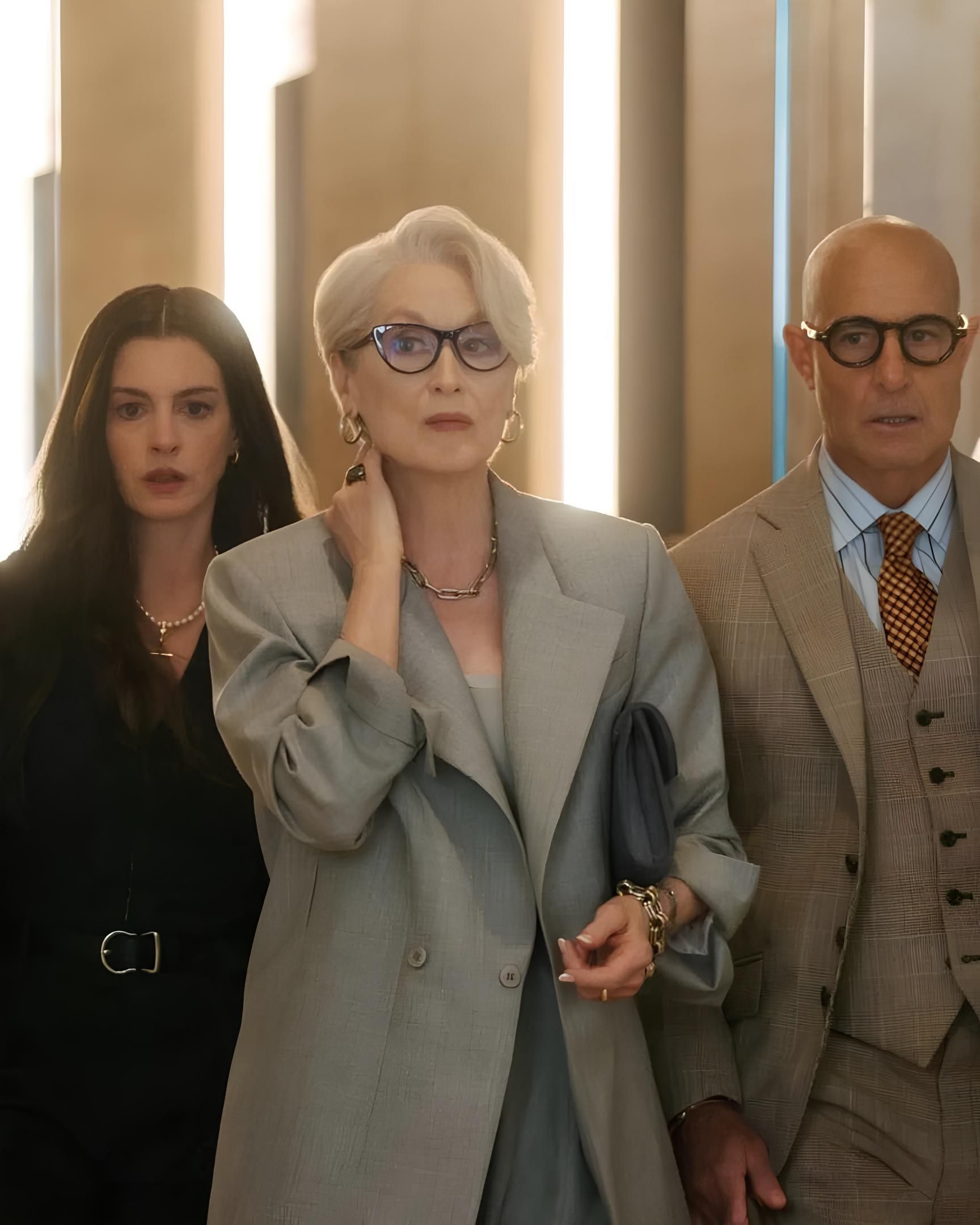
The future of cinema is in the hands of independent distribution Neon, with Parasite and Anora, is enough proof
The 2025 Oscars were marked by independent cinema. This was evident in the triumph of Anora by Sean Baker (five Oscars out of six nominations), the awards received by The Brutalist by Brady Corbet, and the speeches both films sparked on and off the stage. With respective budgets of $6 million and $10 million, these works, showcased at the world's major festivals (Cannes and Venice), demonstrated both the power of great stories and the expertise of top-tier professionals. Baker won four statuettes in one night, equaling Walt Disney’s record from 1953—though Disney accumulated his for multiple titles, unlike Anora’s creator. During his acceptance speech for Best Director—after already securing Best Editing and Best Original Screenplay—Baker praised the longevity of independent cinema, a hope and perhaps the only one the industry must cling to in an era when movie theaters are closing worldwide.
«We are all here tonight because we love movies,» Baker declared just after receiving his award from Quentin Tarantino, to whom he admitted that Anora—and likely his entire filmmaking career—would not have existed without him. «Where did we fall in love with movies? In theaters. In a time when our world is deeply divided, this is more important than ever. It’s an experience you can’t replicate at home.» At the same 2025 Oscars, one of host Conan O’Brien’s sketches promoted the fictional service Cinemastreams, allowing viewers to enjoy films in an innovative… movie theater. Featuring an appearance by Martin Scorsese, a longtime advocate for the cinematic experience, he also contributed to the campaign to save Italian theaters by writing a letter stating that it would be a «sacrilege to turn them into supermarkets.» «Filmmakers continue making movies for the big screen, and so will I,» Baker continued on the Los Angeles stage. Distributors, please prioritize theatrical releases. Parents, introduce your children to films in theaters, and you’ll shape the next generation of movie lovers and filmmakers.» He concluded with an appeal to all attendees: «And for all of us, whenever we can, let’s watch movies in theaters. Let’s keep the great tradition of the cinema experience alive and thriving.»
@neonrated “This is my battle cry. Filmmakers, keep making films for the big screen.” ANORA’s Sean Baker gives his acceptance speech for Best Directing at the #Oscars original sound - NEON
Baker’s speech encapsulated the very essence of the Academy Awards celebration, aiming to awaken an industry that has faced the aggressive acquisition of titles by streaming platforms, which have become the primary competitors of independent distributors demonstrating remarkable foresight. Notably, Neon, which handled the U.S. release of Anora and has stood out since 2017 as one of the industry’s most daring and innovative companies, continues to thrive, garnering both critical acclaim and public appreciation. 2024 was a stellar year for the company founded by Tom Quinn and Tim League, having released three major films that defined the global cinematic season. Anora, Longlegs, and The Sacred Fig Seed are three distinct films with tailored promotional campaigns, leading to two different but equally satisfying outcomes. Anora won Best Picture, while The Sacred Fig Seed was nominated in the Best International Film category, and Oz Perkins’ horror Longlegs became Neon’s second highest-grossing film ($126,942,386), trailing only Bong Joon-ho’s acclaimed Parasite ($262,608,117). It’s no surprise that the director of Longlegs chose to entrust Neon with his next project, The Monkey, maintaining a strategy that prioritizes theatrical releases and allows cinemas to preserve the mystery and intrigue of the films.
Neon’s strategy contrasts with the contemporary practice—typically employed by streamers—of crafting trailers that showcase a film’s highlights as if an instant hook were necessary to engage audiences, thereby stripping them of the pleasure of discovery. Neon seeks to establish itself as a premium brand, a reputation reinforced by its enigmatic and intriguing promotional campaigns, as seen with Presence, Steven Soderbergh’s unconventional haunted house story. The filmmaker chose Neon because he saw it as «a place of trust, not anxiety.» Similarly, for Longlegs in the summer of 2024, Neon avoided plastering the star’s face—Nicolas Cage—everywhere, opting instead to conceal it as much as possible. The marketing campaign for the horror film unfolded gradually, offering clues to intrigue the audience and immersing them in the perspective of detective Lee Harker, played by Maika Monroe. The first move was placing a black billboard with only a phone number, the film’s release date, and a partial glimpse of the protagonist’s face. Those who called the number were greeted by a creepy pre-recorded message from the killer Longlegs. The tactic became so viral that some pranksters sent the number to friends and family, pretending it was their new contact, only for them to be met with a chilling surprise.
Oh my god who else is reading the LONGLEGS riddles and putting clues together, I have an idea now of what this is about… can’t wait pic.twitter.com/13BpGEwbos
—
With Anora, Neon could not have expected the same box office explosion as Longlegs, although it currently holds the fifth position in the ranking of their highest-grossing films ($41,256,719), with the possibility of a boost from a theatrical re-release after its Oscar win. With the film by the director of Tangerine, the distribution company instead focused its promotion on auteur identity, selling the work as «A love story by Sean Baker» and emphasizing the idea of a story that only he could have told in this way, as if the director represented a genre of his own. Moreover, the film had a specific target audience: hardcore cinephiles, often young people who have returned to prioritizing cinema, partly thanks to Letterboxd (of which Sean Baker has been a member for years). It is now confirmed that post-pandemic, after Covid-19, audience habits have changed, along with the target demographic for arthouse cinema. In the U.S.—as well as in Italy—young audiences do not want to miss the must-see films of the moment, often discussed on social media platforms like the media diary of Letterboxd or in trending conversations on the older platform X. But it's not just about social media. One theory suggests that young people, during their time in lockdown, found the time and means to rediscover the joy of classic films, gaining a cinematic culture that continues to expand and keeping up with new releases, perhaps even catching up on masterpieces they had previously missed in theaters—one of the reasons that, incidentally, seems to contribute to the success of the re-release of classic films in theaters. This generational shift has altered the cinema audience landscape, with older adults, perhaps due to prolonged fear or habit changes, neglecting theaters, leaving vacant seats now filled by young people.
Anora wins Best Picture at the #Oscars
— Letterboxd (@letterboxd) March 3, 2025
Sean Baker is the first person (and Letterboxd member) to win four Oscars for one film. pic.twitter.com/CIV4dJzkgP
That Neon and especially a competitor like A24 have sought to capture this potential audience is a clear move—and if one thinks they are direct rivals, they would be mistaken. Despite their differences, the companies share similarities that make them overlap. Consider Immaculate by Michael Mohan, a religious horror film belonging to a (sub)genre frequently explored by A24, from Jonathan Glazer’s Under the Skin in 2013 to the more recent supernatural Talk to Me by Danny and Michael Philippou in 2023. There is also a swapping of directors: in 2018, Neon released Brady Corbet’s Vox Lux in theaters, while in 2021, Sean Baker’s Red Rocket found distribution through A24, with the two filmmakers now reversed with their new films that led them to the Oscars. Last summer, A24 completed another round of investments and was reportedly valued at $3.5 billion, while at the end of November 2024, Neon announced it had reached an agreement with Comerica Bank for up to $200 million in credit, which Tom Quinn will invest in strengthening film acquisition, development, production, and distribution, likely including new markets.
If one were to identify Neon’s true adversary, it would be those streaming competitors that, at the same time, co-founder Tom Quinn must also thank because they are part of the reason the distribution company was founded. The founder recounted that one evening in February 2015, he was sitting at home, frozen and unable to decide what to watch, struggling to find anything that interested him between Netflix and Amazon. As he stared at the tiny gap between the icons of the two platforms, he wondered: «Wouldn't it be great to fill that space with the best cinema the world has to offer?» In less than two years, they secured the funding that led to the company's launch and the first film distributed by Neon, Nacho Vigalondo’s sci-fi comedy Colossal, starring Anne Hathaway and Jason Sudeikis. It was with Craig Gillespie’s I, Tonya that Neon’s promotional and distribution strategies took shape: since it was one of seven films distributed by the company in 2017, the goal to push the Margot Robbie-led biopic was to ensure its participation in the Toronto International Film Festival, beating out competition from Netflix, which had also begun to show interest in the possibility of winning awards. Thus, within six months, a small group of Neon employees—currently comprising a modest team of fifty-five workers—launched an Oscar campaign that paid off with the Best Supporting Actress win for Allison Janney. Once again, the strategy was not to distort the spirit of the film. It can be said that Neon has bypassed some self-imposed rules that often dictate award-season campaigns, starting with a red-band trailer (a version restricted to mature audiences) in which, in the first 45 seconds, Janney’s character uses the term «cunt» in reference to a parent at a children’s ice-skating rink.
@briancamcab such a good scene #itonya #itonyaedit #itonyamovie original sound - briancamcab
It was not easy for Neon, which, just a few years after its founding, had to face the repercussions of the pandemic. This setback came in the wake of the success of Bong Joon-ho’s Parasite, Neon’s highest-grossing film, which led the Korean director’s seventh feature to win the Oscars, achieving two milestones. The film is the first non-English language work to receive the Best Picture award. Additionally, it was the first of five Neon titles to win the Palme d’Or at Cannes, followed by Titane (2021), Triangle of Sadness (2022), Anatomy of a Fall (2023), and Anora (2024) – another record: only four films have won both the Palme d’Or and the Oscar, and two of them belong to this distribution company. The widespread expansion and interest in a film like Parasite in the U.S. normalized the idea that non-English language content could reach a broad audience—and the subsequent TV phenomenon Squid Game might not have gained traction if it weren’t for Bong Joon-ho’s work paving the way. This path, like many others, was disrupted by Covid-19, although signs of stagnation were already emerging before the lockdowns, with the beginning of the permanent closure of small theaters, many of which went bankrupt. It was with Palm Springs in 2020 that Neon managed to regain some success, especially thanks to the agreement signed in 2017 with the streaming platform Hulu. Despite its aversion to streaming services, Neon recognized their role in the industry and secured a deal that ensured films would always have an initial and adequate theatrical release.
Only four films have won both the Palme d'Or at Cannes and the Academy Award for Best Picture:
— Letterboxd (@letterboxd) March 3, 2025
- Anora
- Parasite
- The Lost Weekend
- Marty pic.twitter.com/9GMBPqFHBz
This raises the question of what the fate of Richard Linklater’s Hit Man – Killer by chance would have been if it had been entrusted to Neon. Despite advanced negotiations, the film’s rights ultimately went to Netflix, which invested twice as much in acquiring the film as the independent distribution company had offered. Speaking candidly, Quinn told The Hollywood Reporter that if Hit Man had been released by Neon, with the right promotional campaign and a sufficiently long theatrical run, it could have been a strong Oscar contender. Instead, it was swallowed by the streamer’s catalog, garnering less attention than expected.
Having a precise plan has indeed benefited many of the distributor’s titles, as the company prioritizes financial allocation and planning, given its independent status. This is especially crucial since a significant number of Neon’s films do not even reach the milestone of $1 million at the box office. This situation forces the company to carefully strategize how to plan an Oscar campaign. Part of the success and visibility Anora received was due to the dedicated efforts of Neon’s employees and the film’s collaborators, ensuring a strong presence throughout the awards season to stay on the radar of Academy voters and audiences alike. They maintained constant communication, complete with dedicated merchandising. The results speak for themselves, and the celebration of independent cinema at the 2025 Oscars, along with the importance of having a distributor that still believes in the power of films to reach a broad audience (if properly guided), is proof that even in the darkest times, there will always be the light of a projector in a movie theater, ready to show us the way.













































